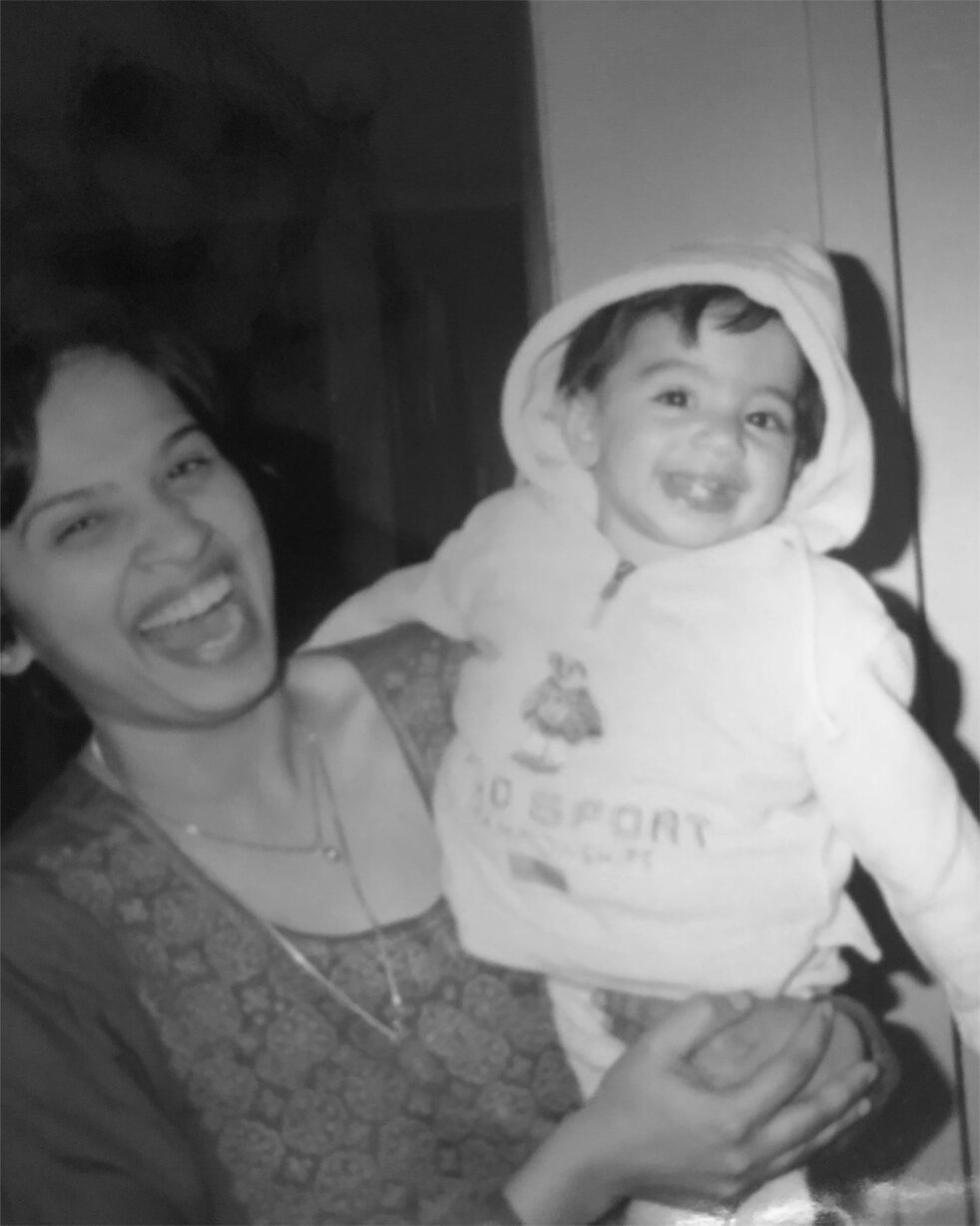A few weeks ago, I visited home for spring break. While it’s only a 20-minute drive away, the radio silence between my family and me has deepened the distance more. It was a normal weekend until it wasn’t. My dad says “I love you” as I leave. It’s the first time he’s said it and I’m shocked; the words feel foreign.
Anyone else would have simply just replied with an “I love you too,” so why can’t I do it? The words fall jaggedly down my throat and all I can do is laugh in return. The drive back home feels even longer then, like some unknown part of me was trying to understand itself.
I had never thought much of it until now. My parents and I have never said those words to each other before, “I love you.” So why does my dad have to say it now? How can he move forward so quickly while I am still so stuck in the past? My father has changed and left me behind to somewhere I cannot follow.
When I was growing up, I used to read a picture book called “I’ll Always Love You” by Paeony Lewis. I have a vivid memory of reading it to myself in my mother’s bed, looking up at her and picturing her mouth shaping those words. From a young age, I grew up seeing “I love you” in media, bombarded by the simple fact of its absence in my family.
As a child, I could not comprehend why the momma bear in the picture book was so different from my own. I knew nothing of the barrier of cultural discomfort or the wordlessness of parenthood.
That is not to say that love itself was absent in my childhood. It imbued itself into cut apple slices, into peeled almonds and birthday magic shows.
When I reached my teens, I finally came to understand that they didn’t even have to say they loved me. It infused itself into so many of their actions that I just felt it. So now, as I drive home, why do I mourn the child within myself who did not understand the weight behind those actions? The child within me whose age brought with it a growing database of vocabulary that would never include the words “I love you.”
Even at 21 years old, I am still just a small child banging on a closed door with balled-up fists.
Even now, I struggle outwardly with feeling heard, let alone looking within myself and reflecting on my inner frustration with my father’s sudden change in lexicon. I struggle to understand why I can’t just say it back as easily as he can.
Though it might have taken my father lots of contemplation to bring himself to say the words to me, his nonchalant demeanor — as if it were that easy to say — has me wondering, “why didn’t you say it before? Why wasn’t it this easy for you before?” But when I really think about it, he didn’t learn the words “I love you” in a day. I lay awake at night wondering if he’s thinking about it too. I wonder if we’re up at night dreaming the same dreams, visiting and healing the same childhood that is trapped within them. In a way, he may be stronger than I.
When I first heard him say the words, I couldn’t find it in myself to choke the same ones out. It seems that the words were easier to swallow than my pride.
The memory comes to me now. I was in middle school, hunting for envelopes and stamps in the dusty study. I didn’t expect for the drawer to be full of old pictures of my parents.
When I found them, I just couldn’t look away. There was a printed photo of my mother and father holding me as a baby, my mother balancing a glass of wine in her other hand. Both of them were only looking at me, and not at the lens. Seeing the photo makes me cry without fail because it reminds me where I came from, that there is undeniable evidence that my entire existence is love.
Maybe avenging my childhood isn’t worth it. We only have so much time with those that we love. Maybe the fresh youth of my childhood and the lingering uncertainty of having a first child blurred the infinitesimal nature of our time together. Maybe as my father’s gray hairs multiply year by year, his ego has eroded with age.
Perhaps his facility is not an invalidation but an invitation for change between us. While it’s never too late to change, it’s never easy either. Telling my parents I love them will not erase the pain of my childhood.
However, it will allow me to free myself from resentment and let that little kid within me hear those words at long last.
Tomorrow, I will tell them.
